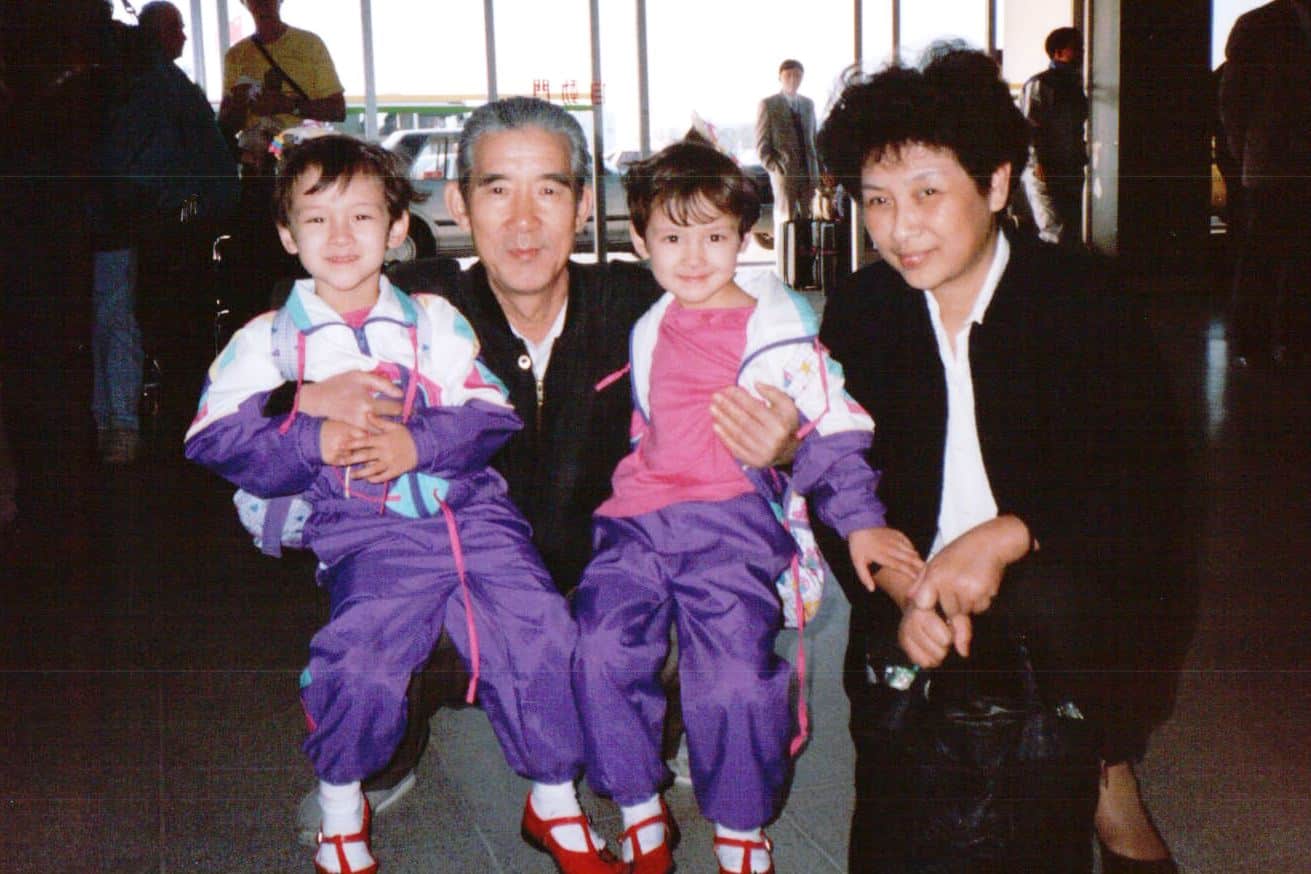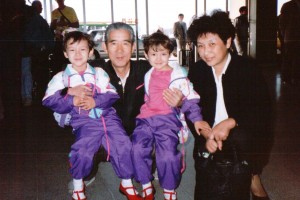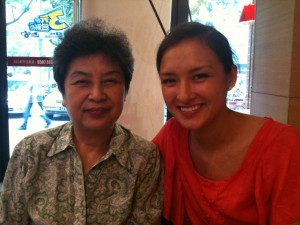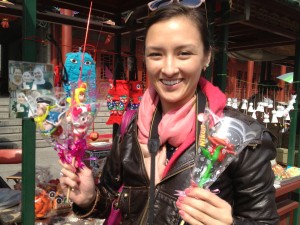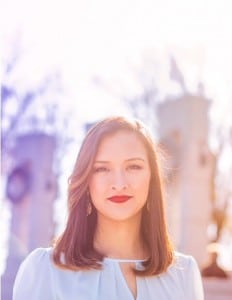 “No one is born hating another person because of the color of his skin, or his background, or his religion. People must learn to hate, and if they can learn to hate, they can be taught to love, for love comes more naturally to the human heart than its opposite.” -Nelson Mandela
“No one is born hating another person because of the color of his skin, or his background, or his religion. People must learn to hate, and if they can learn to hate, they can be taught to love, for love comes more naturally to the human heart than its opposite.” -Nelson Mandela
Years ago, I attended a panel discussion about growing up in a multiracial household where panelists discussed their life experiences being a multiracial person. I am multiracial. Mixed. Biracial. Half. Whatever you call it, I am that. It was wonderful to hear from other mixed people because I was not exposed to that in my childhood. But, I realized, even among mixed people, we have differing views on our race and what it means.
Growing up in a small town in Indiana, the other biracial people I knew were my sisters and brother. When we traveled to China to visit my grandparents, I would stare at the other mixed kids I saw while we waited in line at customs. My siblings and I would grab each other and say, “look, look! They’re like ussss!” And, we would literally stare. When you’re multiracial, seeing another multiracial person causes a layered reaction.
First, it’s strange, but extremely familiar…at the exact same time. Their physical makeup is strange because it’s different. I would imagine that my initial reaction is what other people think when they see me. Your brain tries to categorize them. But, since I look at my face in the mirror everyday, their look is also so so familiar. Then, I always remember thinking, “They’re JUST like me. The Zou kids aren’t alone. We’re not the only ones.” Of course, we didn’t think we were the only ones, but when you don’t see it regularly, you have a huge sense of belonging when you do.
My parents did a wonderful job raising us to truly embrace both of our races and cultural backgrounds. Not having other mixed kids around, did not leave me feeling outcast or like I didn’t belong. Race rarely crossed my mind. Now, I realize how lucky I was to never experience a terribly negative response to my genetic makeup. That must be the effects of a small town. Even though, it’s quite conservative and traditional, I found in my town, there is a sense of camaraderie.
Multiracial in DC
When I left the Midwest, I met so many more people and have friends now that are mixed, just like me! And, I still get excited when I see those people. It is more than just the fact that we look similar or have similar multiracial issues. Like, what is my skin tone? My cheeks burn in the sun, but the rest of me gets golden brown. Which box DO I check? My hair is not black, its just dark brown.
I have found that I love meeting those people because they are the result of an interracial relationship. Most likely, their parents suffered challenges and hardships for being together . I am so happy to see interracial couples because I know their children will be like me! No matter the racial equation – white+asian, black+white, hispanic+black – we are all mixed. We are our own race of multiple races. And, it is so incredibly cool to see two people come together in love and defy the stereotypes. They love each other for each other; there is no color.
When I saw that Cheerios commercial, honestly, I didn’t even notice the different races of the parents. It did not cross my mind, it was just a cereal commercial. Then, when it made news, I had to go back and watch it. “Oh yeah, the mom is white and the dad is black.” (Even writing this, I had to go back and check.)
Growing up, my parents never made me decide which race I would identify with. The panel I recently attended, the panelists talked about when they decided and how they identified with one race or another. It was a surprise to me that they chose. For example, when they talked about which box they checked, their parents had a reasoning to choose one or the other. My mom told me to check white and Asian and, if I couldn’t choose two, check “other.” And, if there was no “other,” leave it blank. It wasn’t weird. I didn’t question it. I was both.
Hearing from this panel showed me that other multiracial people have had different experiences that lead them to have to decide or have to identify with one or another. I didn’t know I had to choose, so I never did and now it’s too late to decide anyway.
I grew up thinking hybrid kids were going to be the future race. And, I still think that is true. Like this National Geographic article shows. Super mixed people already exist. My hope is that as time goes on, society will put less pressure on people to define their race. “What are you?” will no longer be the conversation starter. Who cares what you are? Ask something else about me. Ask me what my opinion is on a topic. Ask me what I like to do in my free time. Ask me what my dreams are. Ask me about something I choose to believe, not something that I am.
The more we define and separate, the further we will be from joining together as human beings, no longer divided by race. It is optimistic, but we have to strive for erasing all racism. It may never happen in my lifetime or the next, but if we don’t aim for that, we won’t get close.
Be You, Seriously, Just You
Even though, I do not know the people on the panel, I gained a little more insight into their background. I was shielded from the harsh realty of racism. I am grateful for that. But, it did make me a little sad to hear that they only chose one race to self-identify with. Why choose? As human beings, we want everything. We always want more. Why not be both or all? This discussion made me realize even they – the multiracial, biracial, mixed kids – are not immune to the standards of society and lose sight of their own uniqueness because other people can’t find the category they belong in. It’s cliched and overused, but who cares what other people think? Instead, I choose to make my own category and fully embrace my multiracial makeup.


